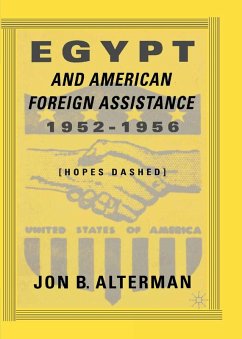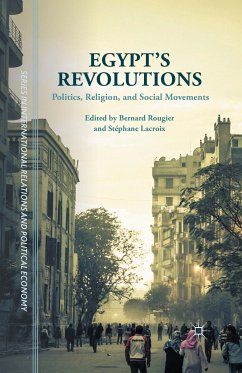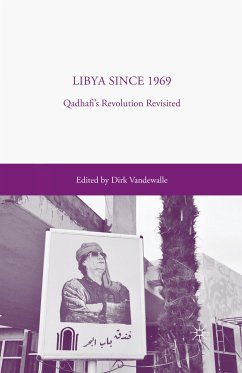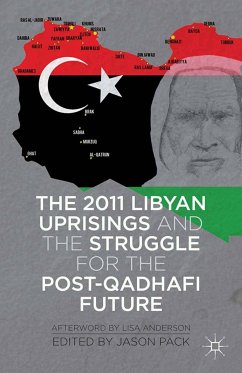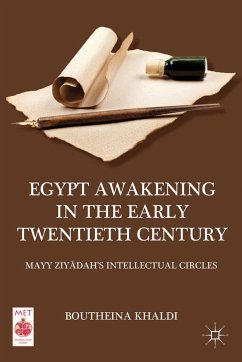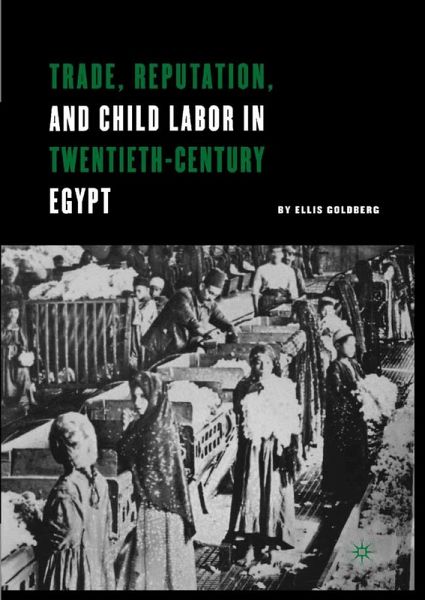
Trade, Reputation, and Child Labor in Twentieth-Century Egypt (eBook, PDF)
Versandkostenfrei!
Sofort per Download lieferbar
40,95 €
inkl. MwSt.
Weitere Ausgaben:

PAYBACK Punkte
20 °P sammeln!
The conventional wisdom that political and economic actors in colonial countries are passive and reactive is undermined by Goldberg's close examination of the decisions and calculations of leading political and economic actors. Goldberg shows how critical decisions affecting Egypt's integration into the world economy were based on clear understandings of what policies were most likely to advance the interests of leading interest groups, with results that continue to bedevil Egypt's political economy today. Drawing on core concepts in political economy, Goldberg focuses on how Egyptian cotton g...
The conventional wisdom that political and economic actors in colonial countries are passive and reactive is undermined by Goldberg's close examination of the decisions and calculations of leading political and economic actors. Goldberg shows how critical decisions affecting Egypt's integration into the world economy were based on clear understandings of what policies were most likely to advance the interests of leading interest groups, with results that continue to bedevil Egypt's political economy today. Drawing on core concepts in political economy, Goldberg focuses on how Egyptian cotton growers decided to invest in the development of product reputation, developed institutions to protect that reputation, and engaged in coalition politics to protect their interests. The result was a heavy reliance on child labour and thus the failure to provide education and skills necessary for economic development, undermining subsequent attempts to industrialize Egypt and move it away from the production of primary goods. This is a tale of paradoxes and unintended consequences of rational action.
Dieser Download kann aus rechtlichen Gründen nur mit Rechnungsadresse in A, B, BG, CY, CZ, D, DK, EW, E, FIN, F, GR, HR, H, IRL, I, LT, L, LR, M, NL, PL, P, R, S, SLO, SK ausgeliefert werden.



